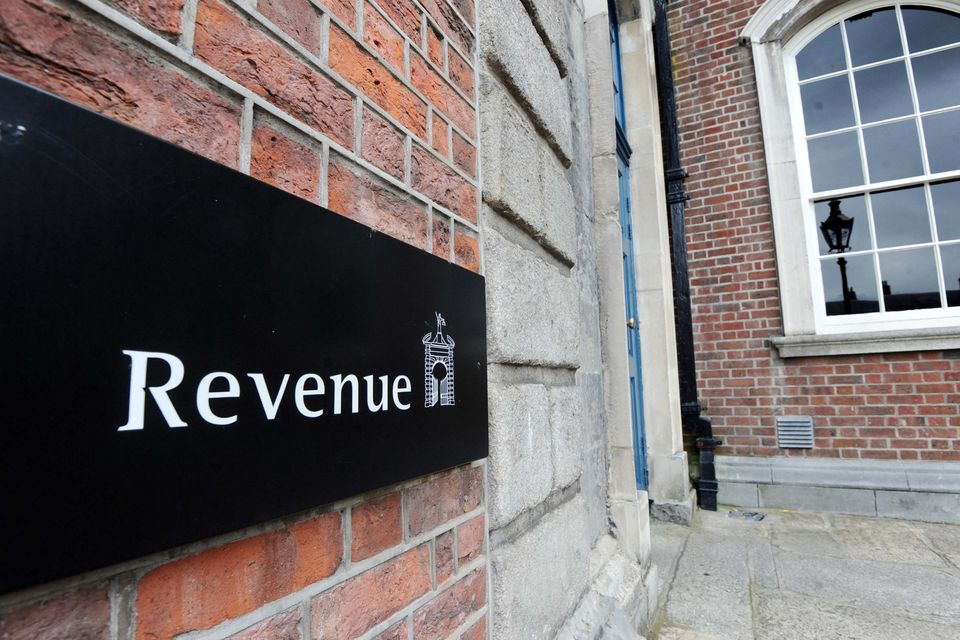More Irish businesses going to the wall
Warehousing scheme was introduced during the pandemic to prevent businesses collapsing.
There has been a significant increase in insolvencies in the first quarter of the year, with 214 recorded, up 47pc on the same period in 2023.
According to an analysis by Deloitte Ireland, there are likely to be 800 insolvencies by the end of this year, which would be close to pre-pandemic levels.
Hospitality is the sector most affected, with a 142pc increase in insolvencies in the first quarter compared to last year, or an increase of 27 businesses going to the wall.
Deloitte says that 35 of the 46 insolvencies in the sector related to restaurants and cafes, and the reason is likely to be increased energy and labour costs, as well as the increase in the Vat rate to 13.5pc.
Today's News in 90 Seconds - March 27th
There have been just five SCARP (Small Company Administrative Rescue Process) proceedings in the first quarter, and two examinerships, which represents a downward trend in the number of distressed companies seeking early help.
James Anderson, a partner at Deloitte Ireland, said the statistics show an increased rate of impairment within business, and therefore a material uptake in insolvencies. “We forecast there will be in the region of 800 insolvencies in 2024, an increase of 200 on our 2023 forecast – where the actual number was 663,” he said.
“This would represent the highest number of insolvencies since 2017 – when there were 874 - and a return to the pre-pandemic insolvency activity level. Increased labour, insurance and energy costs will continue to be a challenge for businesses."
The overhang of Covid debts is another challenge. At the end of January, Revenue said there was still €1.72bn of warehoused debt owed by over 58,000 firms. They now have just over a month to either pay off the debt in full, or agree a Phased Payment Arrangement (PPA), which could include a minimum down payment of up to 40pc of the liability.
Unless a PPA is in place, the full debt falls due on May 1. Revenue has said it will be subject to “immediate collection” and “possible enforcement”, while the standard interest rates of 8-10pc will apply.
Businesses are currently paying no interest on their warehouses debt because, last February, the finance minister Michael McGrath announced the then 3pc rate would be reduced to zero. Revenue also agreed to refund any interest paid at 3pc by businesses.
The tax-debt warehousing scheme was introduced in 2020 to help firms stay afloat during the pandemic. It applied to Vat debts, payments due under PAYE, and some self-assessed income tax.
Creditors’ Voluntary Liquidations (CVLs), whereby the directors of a company instruct an insolvency practitioner to wind up its affairs, account for the majority of insolvencies so far this year at 171, or 80pc of the total.
There have been 29 corporate receiverships, seven Scarps or examinerships, and seven court liquidations.
Join the Irish Independent WhatsApp channel
Stay up to date with all the latest news













